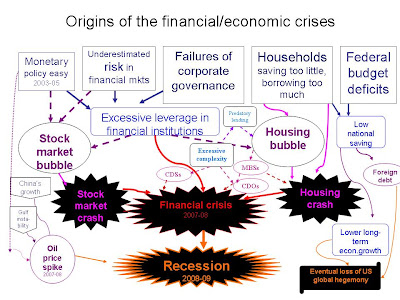Happy New Year
I get to close out 2008 on hospital room duty with my son. He's doing well - had his breathing tube out yesterday, is eating regular food, and slowly recuperating. He should be moved out of the ICU tomorrow and into a regular room. With some luck, he might be home by Monday the 5 th . The Unknown Wife and Daughter are going to a neighbor's house for a little New Year's cheer (the non-alcoholic kind, since Unknown Wife is expecting), and then home by about 10. Here's hoping 2009 finds you healthy, prosperous, and happy.

